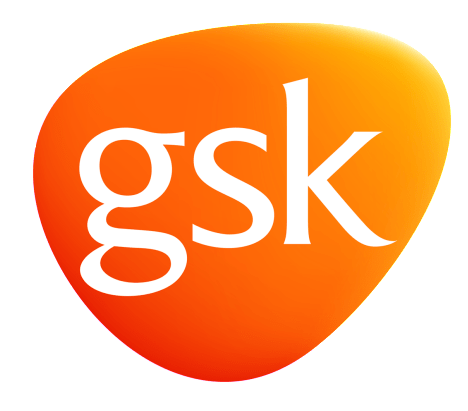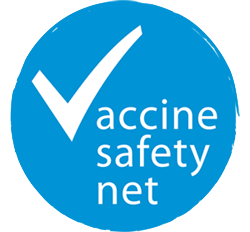Press Release: Uniting Diverse Groups to Improve Adult Influenza Vaccination in Canada
Improving adult influenza vaccination in Canada, six key considerations highlighted from the expert meeting consensus statement.
September 5, 2019
Toronto, Ontario – The International Federation on Ageing (IFA) together with Canadian patient and advocacy organizations represented at a recent expert meeting today release a consensus statement toward raising the awareness and importance of adult influenza vaccination.
Improving influenza vaccination uptake rates in at-risk population groups such as older people and those with chronic diseases is crucial, considering the increased risk of morbidity, mortality and prolonged recovery from influenza due to underlying frailty.
- Canadians are faced with complex and mixed messages regarding influenza vaccination that often leads to the spread of misinformation. There is a need for clear, consistent, evidence-based messaging on influenza vaccination targeting the general population and importantly, older people and other at-risk groups.
- Strategies to increase influenza vaccination uptake rates amongst older people and at-risk populations must be aligned with Canada’s health equity principles. Subpopulations, including those who live in rural and remote settings, migrants, the LGBTQ community, and Indigenous peoples often face systemic barriers and implicit biases within and outside of the healthcare system
- Coalitions are integral to building a cohesive voice that raises the awareness and influences action to respond to low influenza vaccine uptake by collaborating and utilizing strengths across disciplines and sectors.
- In Canada, it is crucial that older adults and at-risk populations have access to more effective vaccines.
- Evidence must be improved on the burden of influenza among older adults and at-risk populations to improve communication to the general population, advocacy organizations, health care professionals, public health officials, and government.
- Provinces and territories are urged to examine efficacious and realistic methods of accessing existing data on vaccination uptake across the life course to inform and improve policies and practices.
To read the full statement, click here.
For media enquiries, please contact Megan Acton at macton@ifa-fiv.org.
This project was funded through an unrestricted educational grant from Sanofi Pasteur.
—
About the International Federation on Ageing: The International Federation on Ageing (IFA) is an international, non-governmental organization (NGO) with a unique membership base comprising government, NGOs, academics, industry, and individuals in over 70 countries. Now over 45 years old, the IFA has become known as a leading and innovative organization that works across disciplines and sectors toward common goals that improve the lives of older people. Through the IFA’s formal relations with the World Health Organization (WHO) and general consultative status at the United Nations and its agencies, the IFA is in the position to advocate directly with member states and contribute to and inform the intergovernmental dialogue.
About the IFA’s Vaccines4Life (V4L) Program: V4L aims to help build a world where healthy ageing and functional ability of older people are maintained through strong vaccination uptake rates. The program has grown to be one of the leading voices and advocates for adult vaccination, working at global, country and regional levels with the aim of unifying the message and actions across to stakeholders to drive policy and practice change. V4L expert meetings and summits are convened as platforms to build a sustainable advocacy network and strategy that focus on specific barriers preventing a more comprehensive approach to changing policy.
The IFA World Coalition on Adult Vaccination acts as a focal point to bring together and disseminate good practice as well as consolidate the voices of experts and their organizations. The Coalition formally comments on and highlights high-level strategies at the WHO, United Nations, and similar agencies, and elevates the critical policy focus through consensus statements and campaigns.






